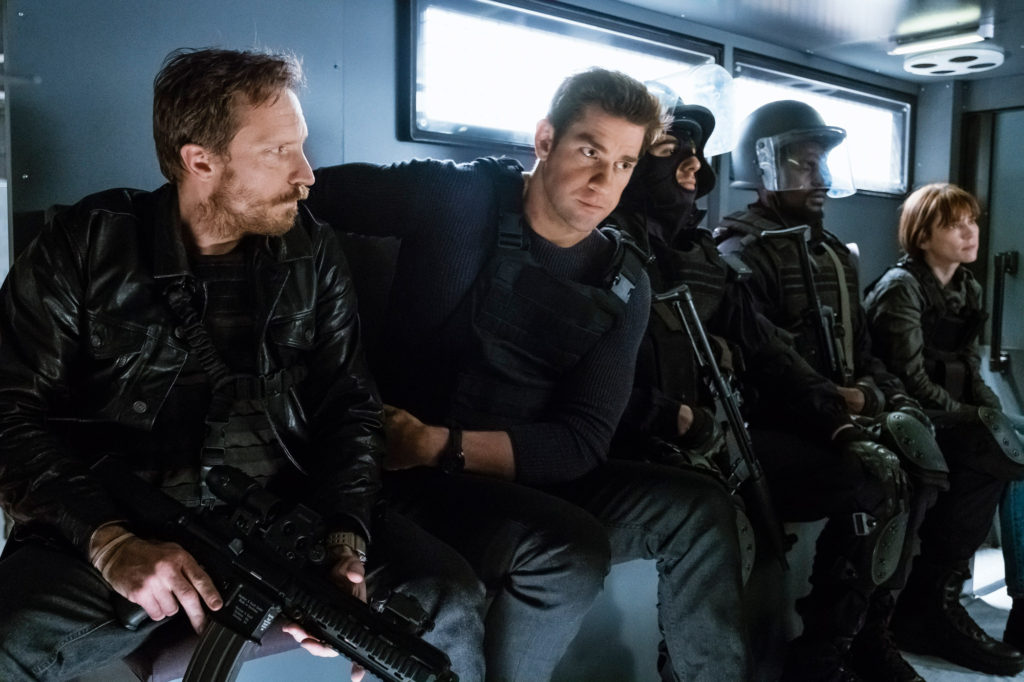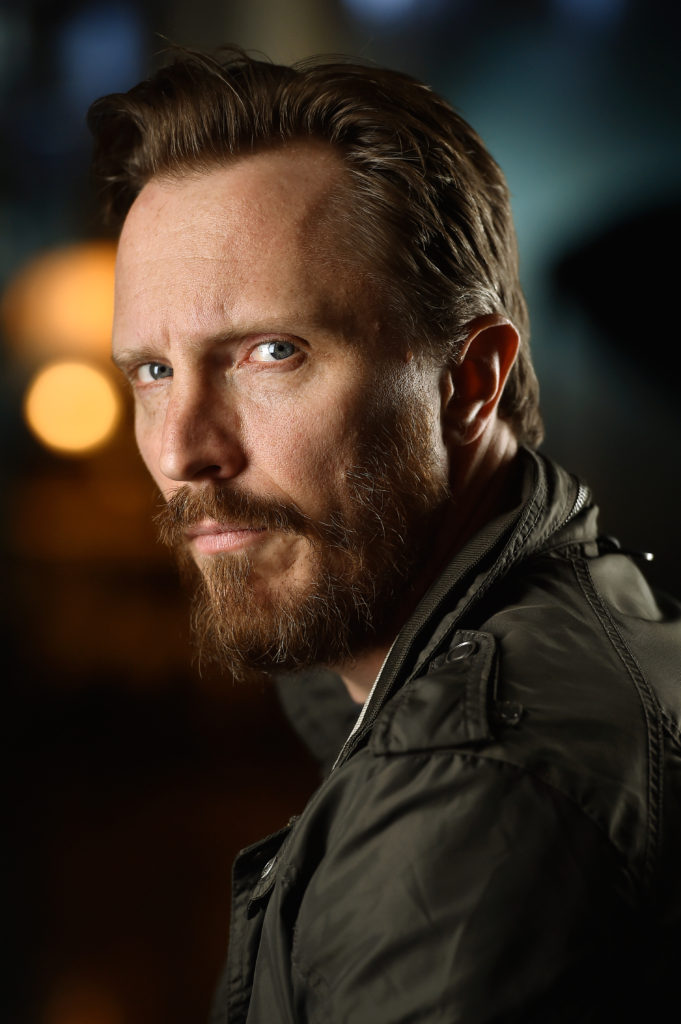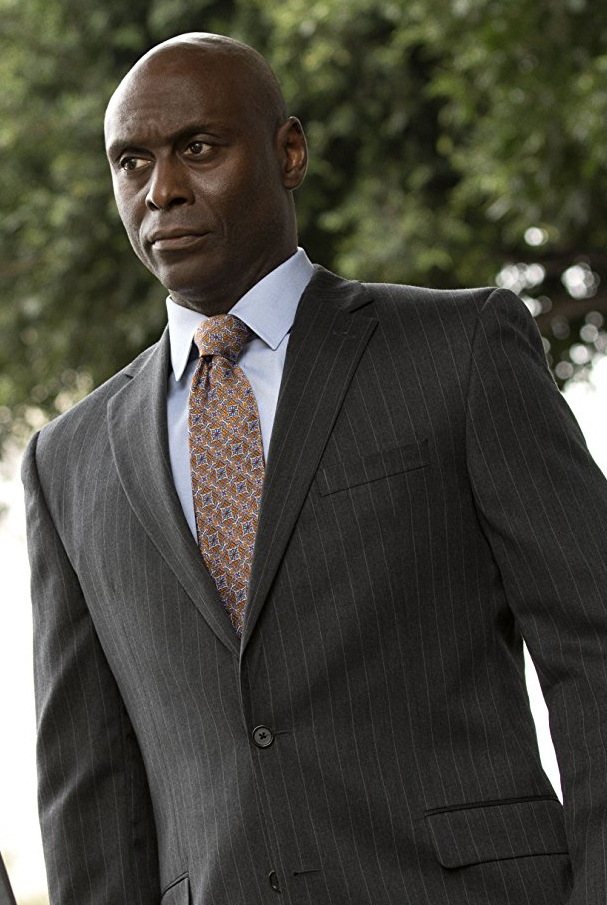
 Somewhere between enigmatic badass and low key scene stealer. That’s the vibe Lance Reddick gives off every time he appears on screen. A favorite of ours since his days as John Basil in the HBO prison drama “Oz,” he has built a career on making smart choices in smart projects, including series like “Fringe,” “Bosch” and the “The Wire,” a show that altered the television landscape and continues to build on its audience a decade after its finale. On the film side, he has given life to one of the most interesting characters in the “John Wick” franchise, Charon, the concierge at the hitman-geared hotel, and although he’s coy when asked, it is our hope that the character will return in the episodic continuation of the world when “The Continental” arrives on Starz in the near future.
Somewhere between enigmatic badass and low key scene stealer. That’s the vibe Lance Reddick gives off every time he appears on screen. A favorite of ours since his days as John Basil in the HBO prison drama “Oz,” he has built a career on making smart choices in smart projects, including series like “Fringe,” “Bosch” and the “The Wire,” a show that altered the television landscape and continues to build on its audience a decade after its finale. On the film side, he has given life to one of the most interesting characters in the “John Wick” franchise, Charon, the concierge at the hitman-geared hotel, and although he’s coy when asked, it is our hope that the character will return in the episodic continuation of the world when “The Continental” arrives on Starz in the near future.
Most recently the Maryland native can be seen as the over-the-top CEO Christian DeVille on Comedy Central’s “Corporate,” which rounds out its first season tonight. (A second season has already been ordered.) We recently sat down with Reddick to discuss career expectations, the draw of comedy, and how he has continued to benefit from the popularity of “The Wire.”
TrunkSpace: Regardless of the project or the size of the role itself, even when the character is by his very nature subdued (such as the case with Charon in the “John Wick” franchise), you always stand out – your work always memorable. As you look over your career as a whole, has it gone the way that you had hoped? Has it met or exceeded any expectations you may have had for yourself when you set out to pursue a career as an actor?
Reddick: Well, actually no. I always had grand plans for what I thought my career would be. I thought, “Well I should be this famous by this age and have that amount of money by that age and win these awards by this other age,” etc… but I am reminded of watching television when I was in high school and seeing Joseph Maxwell Cleland, who was the Administrator of Veterans Affairs for President Carter at the time. He is a disabled Vietnam veteran. And he told the story of “The Blessings Of Unanswered Prayers,” attributed to an unknown confederate soldier. And the ending says, “I got nothing that I asked for, but everything I hoped for.” That is where I feel my career has lead me to at this point, both professionally and artistically.
TrunkSpace: The first season of “Corporate” is just about to wrap up, with a second season already picked up by Comedy Central. You’re also on “Bosch” at Amazon, which is not only about to kick off Season 4, but has also been renewed for a fifth season. Is it a bit of an emotional gift for an actor to have these kinds of early renewals and commitments on projects that you’re involved in?
Reddick: I haven’t thought about it as an emotional gift before, mainly because “Bosch” consistently tends to get early renewals and so I have been spoiled. But in looking back on my career, especially given how long HBO took to renew for seasons four and five of “The Wire,” yes, it is definitely a gift. It takes the pressure off of, “Do I have a job to come back to next year?”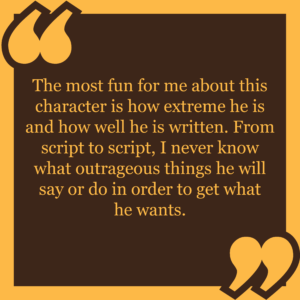
TrunkSpace: Most viewers probably associate you and your work with projects of a more serious tone. Was part of the appeal of working on a project like “Corporate” the chance to get to show a less recognizable/serious side? Was the comedy element of “Corporate” part of the personal draw for you?
Reddick: Well, the fact that the role of Christian is such a scene chewing, over-the-top character in such a smart dark comedy was definitely a draw. But actually, I have been doing cool off-kilter comedic stuff for the past few years now. I’m sure part of the reason I was cast in “Corporate” is because of the “Toys R Me” skit I did for Funny Or Die several years ago. And then you never know where people are going to recognize you from. I recently met Tim Blake Nelson, and he greeted me by saying, “I wish I were LeVar Burton,” from a crazy skit I did on “The Eric Andre Show” a few years back. And I was on the elliptical machine in the gym a couple of years ago and a woman came up to me and asked me if I was the guy from the gay wedding advice “Key & Peele” skit.
TrunkSpace: Your character Christian DeVille is obviously fictional, but are there aspects of his personality that you plucked from personal experiences? Has there been a boss like Christian in your own life at some point in time?
Reddick: I wouldn’t say I’m anything like Christian as a personality. In preparing for the role I read the autobiography of billionaire Reginald F. Lewis, and read up on the personalities of psychopaths. Apparently in current thought on the subject of psychopaths, there is actually a scale on which everybody can be measured, and most corporate CEOs tend to score pretty high on that scale. I had a boss once who was an ex-combat soldier and clearly an intellectual genius. He was uber alpha, incredibly charismatic, extraordinarily competent, and a real dick. It took me a while to realize that it wasn’t personal. It’s just the way he was.
TrunkSpace: What has been the most enjoyable aspect of this particular project strictly from a character standpoint? What is it about playing Christian that has you excited to delve back in for Season 2?
Reddick: The most fun for me about this character is how extreme he is and how well he is written. From script to script, I never know what outrageous things he will say or do in order to get what he wants.
TrunkSpace: As we mentioned, you’re also starring in “Bosch,” which is a show that is extremely popular, and yet, no one really knows how popular because it’s not like network television where viewership is revealed. Is there something nice about that, being involved in a project where the focus is on the art and not necessarily on the size of the audience tuning in?
Reddick: Yes, definitely. Working on HBO for so long (“The Corner,” “Oz,” “The Wire”) where ratings rarely seemed to be the focus of the discussion of how to write the stories or play the characters, I was spoiled into thinking that was just the way TV was. “Fringe” was my first experience of numbers affecting artistic decisions. And although it was a great show, that was a bit of a culture shock. So with “Bosch,” it’s great to only have to worry about doing great work.
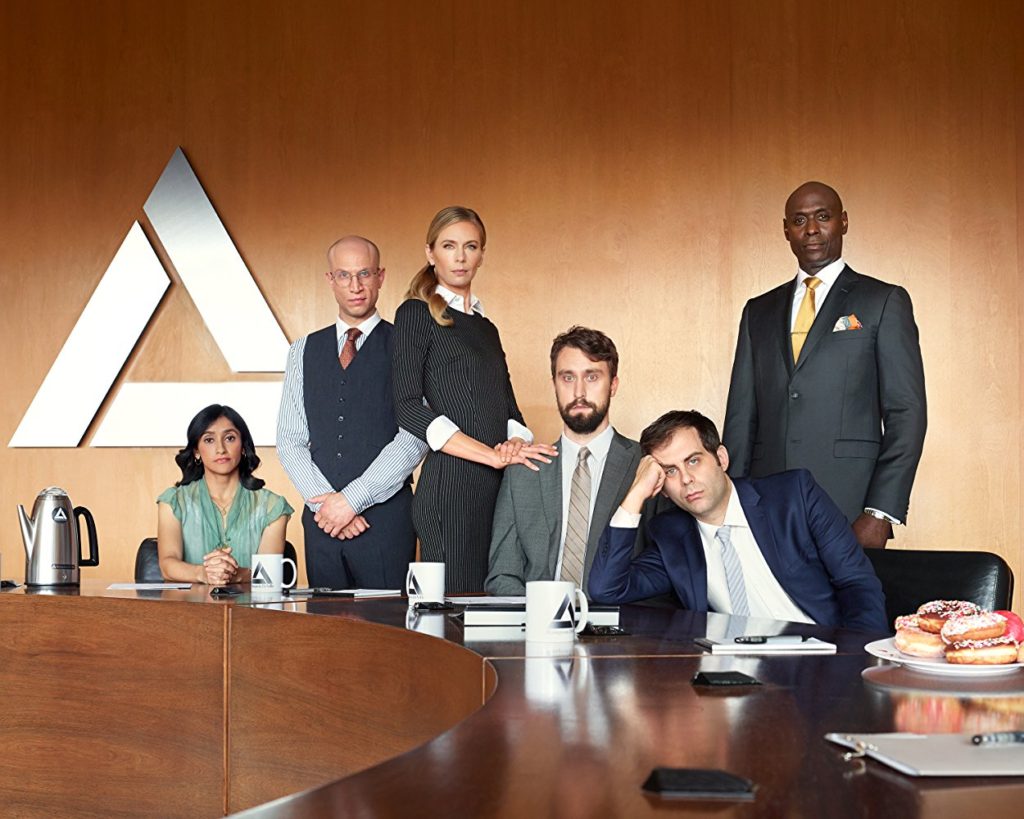
TrunkSpace: Does it change the experience for you as a performer when a series like “Bosch” rolls out its new seasons all at once? Does the binging that comes along with present day content consumption make the season-to-season payoff shorter lived?
Reddick: Well, it is interesting that it’s almost like a movie premiere, the way dropping a series all at once affects viewing. But because my first experience as a series regular was “The Wire,” and because the unique way it found its truly world class audience was binging the DVDs, after the fact, I’ve kind of gotten used to that. And as a viewer, that’s how I watch everything now.
TrunkSpace: There’s so much talk about the quality of the content these days, particularly in television, but is the quantity just as exciting? Are there more interesting jobs out there now than ever before?
Reddick: Well, I think that the nature of the beast of much higher content forces higher levels of quality artistically to be greater to stay competitive, so a byproduct of that is going to be a lot more interesting jobs.
TrunkSpace: Is there a character, even someone you inhabited briefly in a guesting capacity, that you wish you had more time to spend with, and if so, why?
Reddick: Charon, in the “John Wick” series. Definitely want to explore that character more. But that’s an example of “we shall see.” (Laughter)
TrunkSpace: “The Wire” remains one of the most revered series of all time and constantly makes the tops of any and all “Best Television Ever” lists. Is there something special about being involved in a series that not only left its mark when it first aired, but continues to do so?
Reddick: What can I say to that? How can I not feel honored to have played an iconic character, in a series that literally changed television history? And because the show has the unique trajectory of continuing to become more famous and revered the farther away we get from it, the benefits to my career continue to grow as well.
TrunkSpace: We mentioned “John Wick” at the start of our conversation. It’s been announced that a series is in the works. Will Charon be on duty for the series or will he be calling out sick?
Reddick: I have no idea. That’s another, “we shall see”… (Laughter)
The season finale of “Corporate” airs tonight on Comedy Central.
Season 4 of “Bosch” kicks off April 13 on Amazon Prime.
Featured image: Reddick in “Corporate”/Photo courtesy of Comedy Central


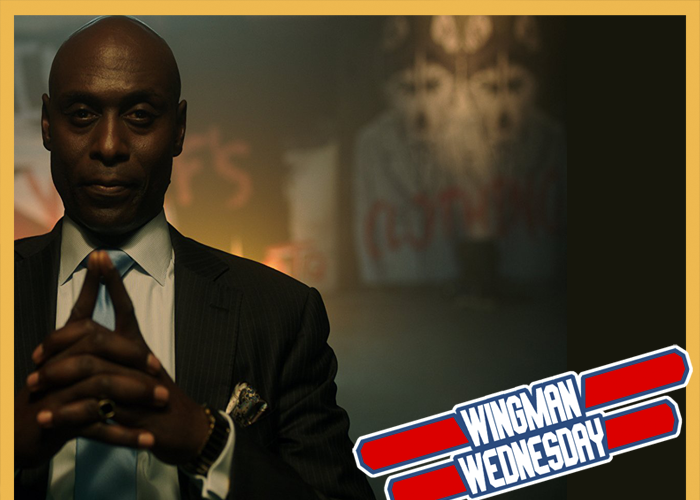
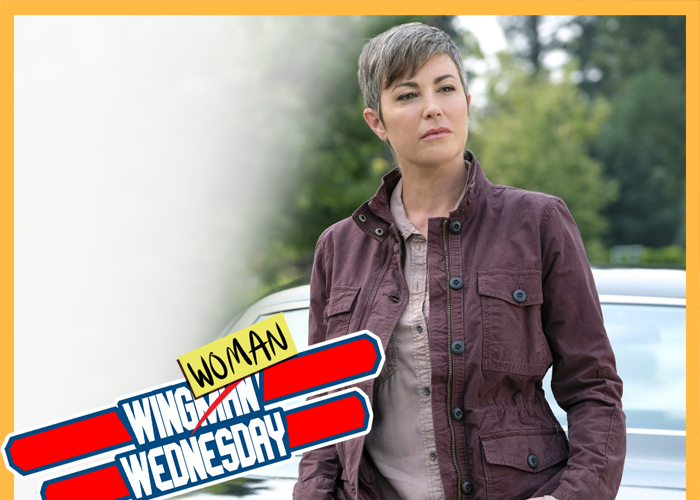

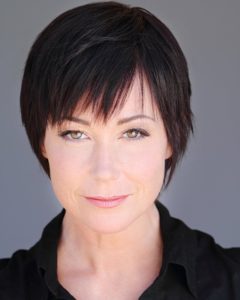 If you steer clear of people with yellow eyes, call your car Baby, or recognize the value of salt in places other than the kitchen, chances are good that you’re fan of the series “Supernatural.” And if you are, you know that the Winchester brothers have had their fair share of friends and family come into their lives throughout the course of the show’s first 13 seasons, though none have left an impact quite like Sheriff Jody Mills. Now the maternal ass-kicking ally, portrayed perfectly by Kim Rhodes, is on the verge of spearheading her own spinoff series, “Wayward Sisters,” which viewers will get a taste of tonight when “Supernatural” returns to The CW following its mid-season hiatus.
If you steer clear of people with yellow eyes, call your car Baby, or recognize the value of salt in places other than the kitchen, chances are good that you’re fan of the series “Supernatural.” And if you are, you know that the Winchester brothers have had their fair share of friends and family come into their lives throughout the course of the show’s first 13 seasons, though none have left an impact quite like Sheriff Jody Mills. Now the maternal ass-kicking ally, portrayed perfectly by Kim Rhodes, is on the verge of spearheading her own spinoff series, “Wayward Sisters,” which viewers will get a taste of tonight when “Supernatural” returns to The CW following its mid-season hiatus.
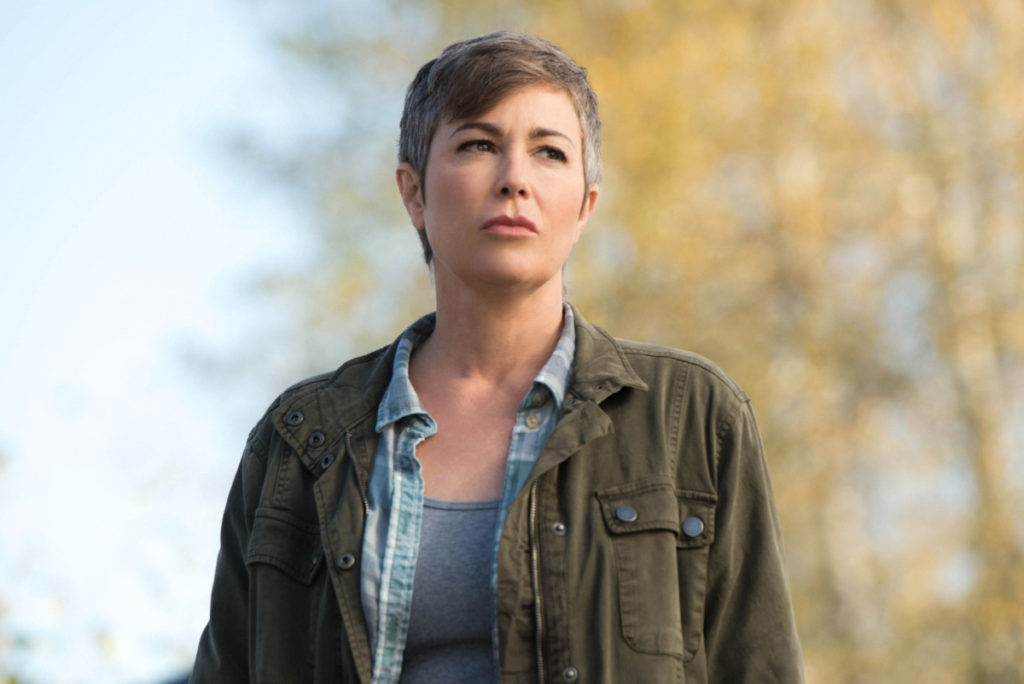
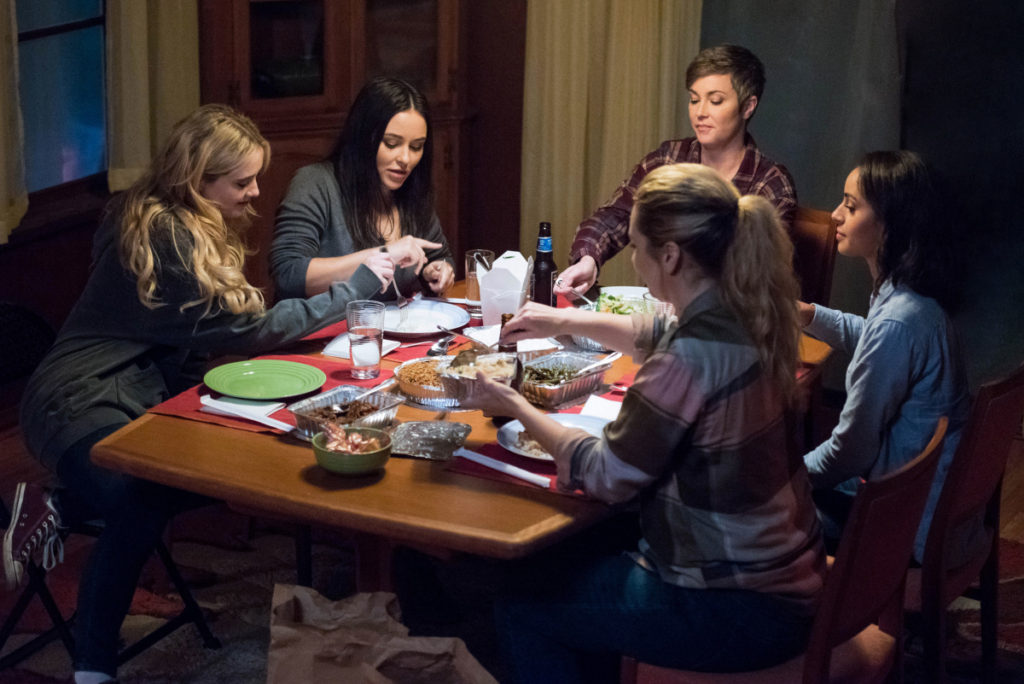
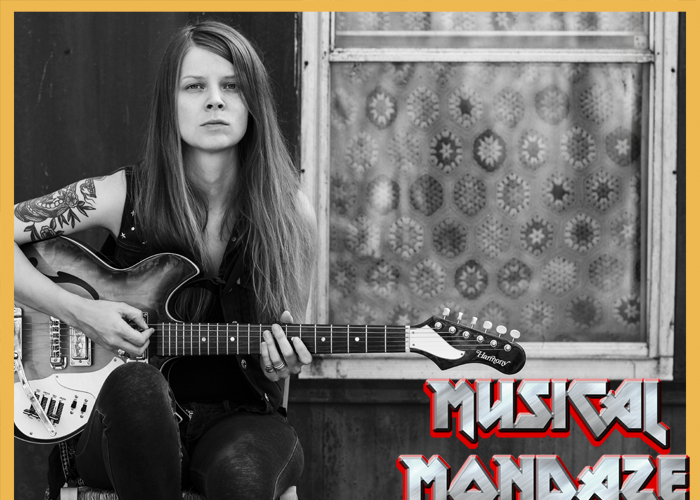
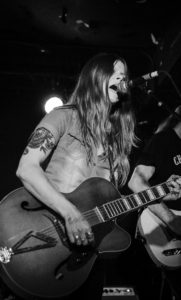
 started writing the material for that album?
started writing the material for that album?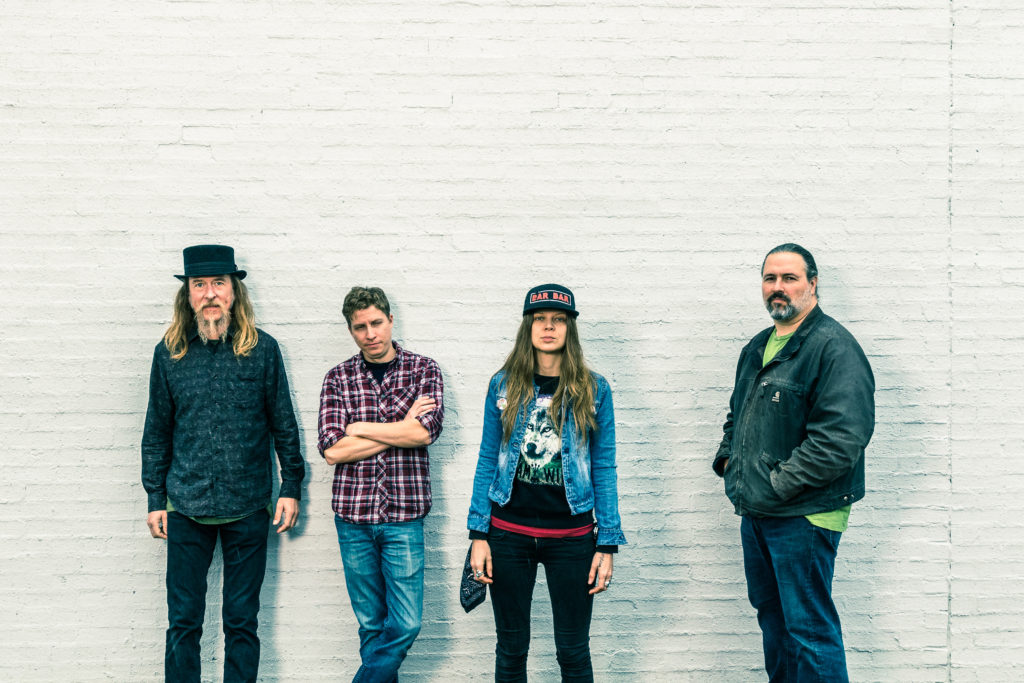
 TrunkSpace: You have a great rock star aura about you, but really, the first “rock stars” with swagger were the classic country artists. What are your thoughts on persona and attitude when it comes to an artist’s point of view? Is it all part of the necessary equation?
TrunkSpace: You have a great rock star aura about you, but really, the first “rock stars” with swagger were the classic country artists. What are your thoughts on persona and attitude when it comes to an artist’s point of view? Is it all part of the necessary equation?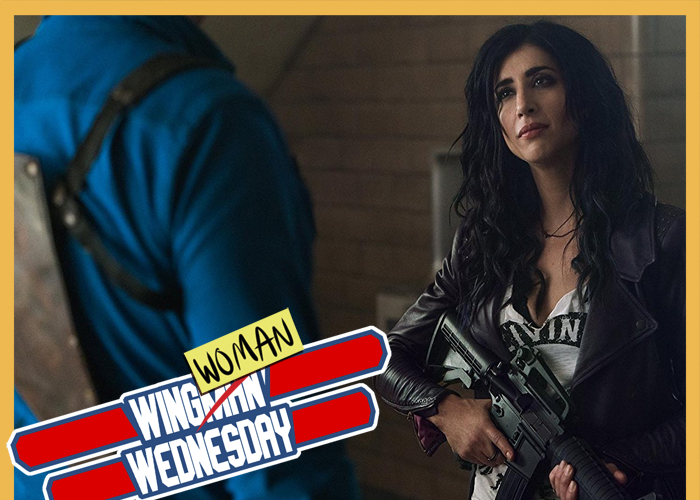
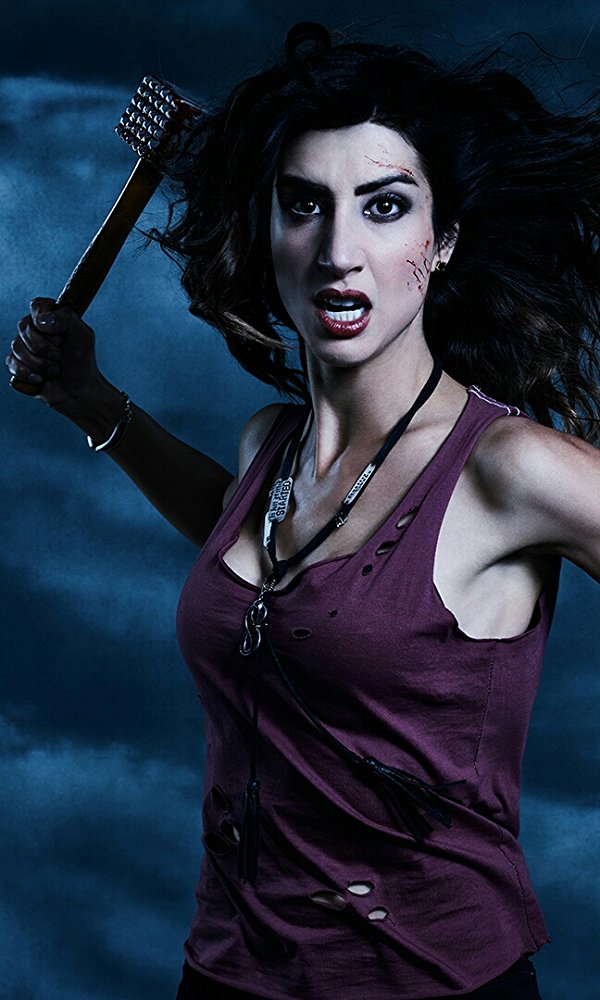
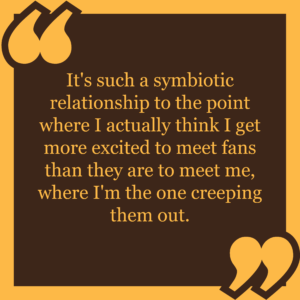
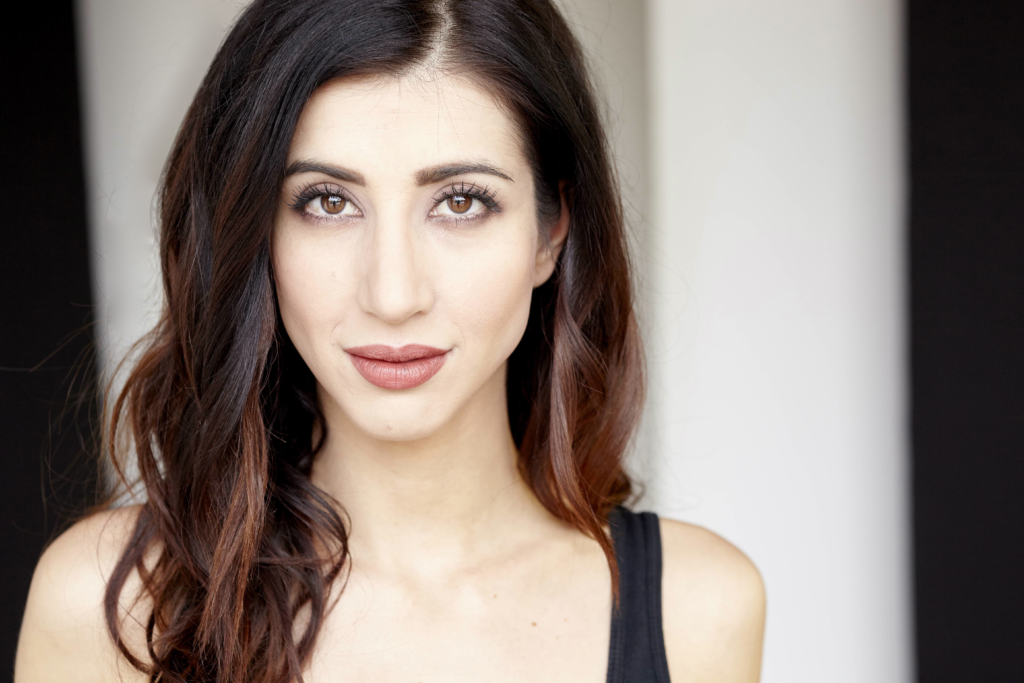
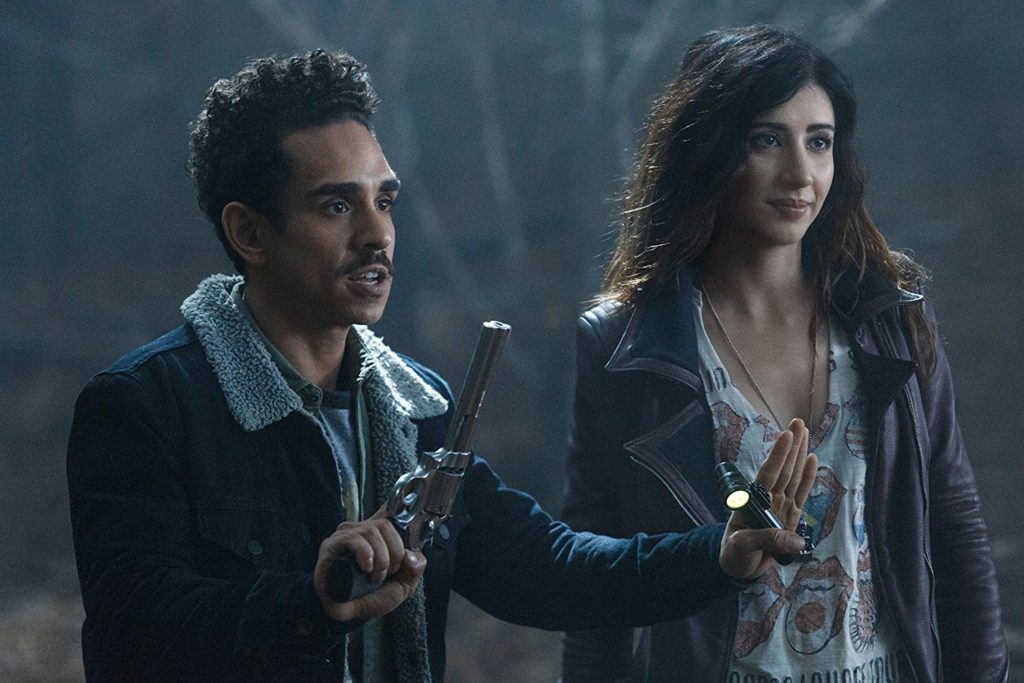
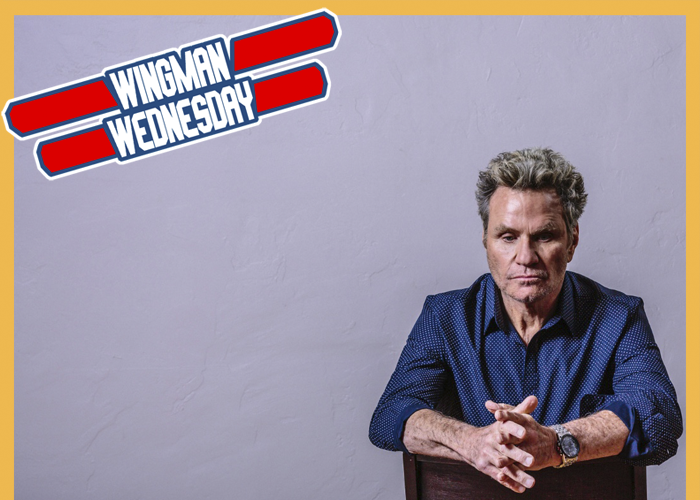
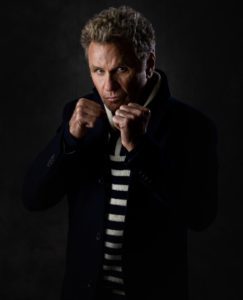
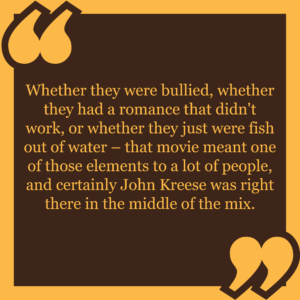
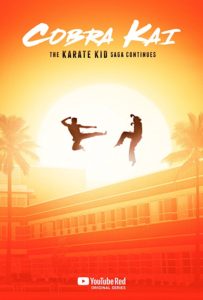 TrunkSpace: You made a great comparison to Darth Vader. There have been plenty of movies in the “Star Wars” franchise now, and plenty of villains, but none of them have lived up to Vader.
TrunkSpace: You made a great comparison to Darth Vader. There have been plenty of movies in the “Star Wars” franchise now, and plenty of villains, but none of them have lived up to Vader.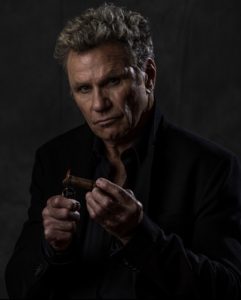
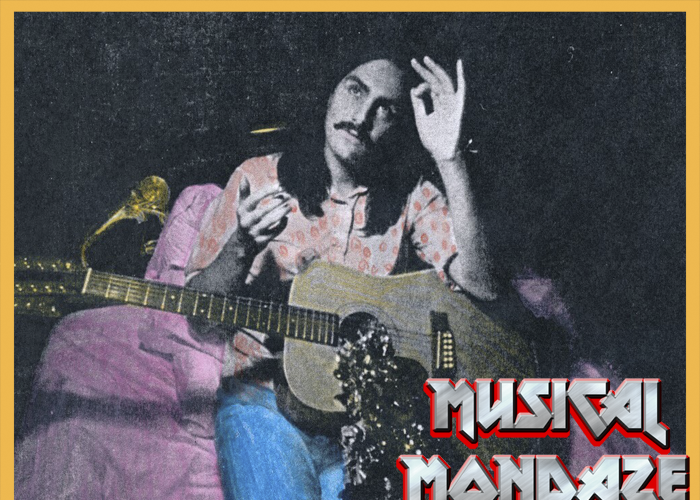
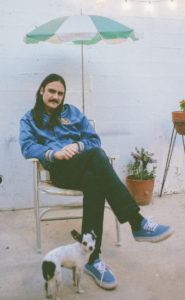
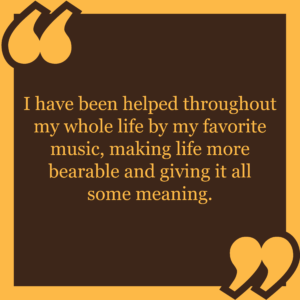
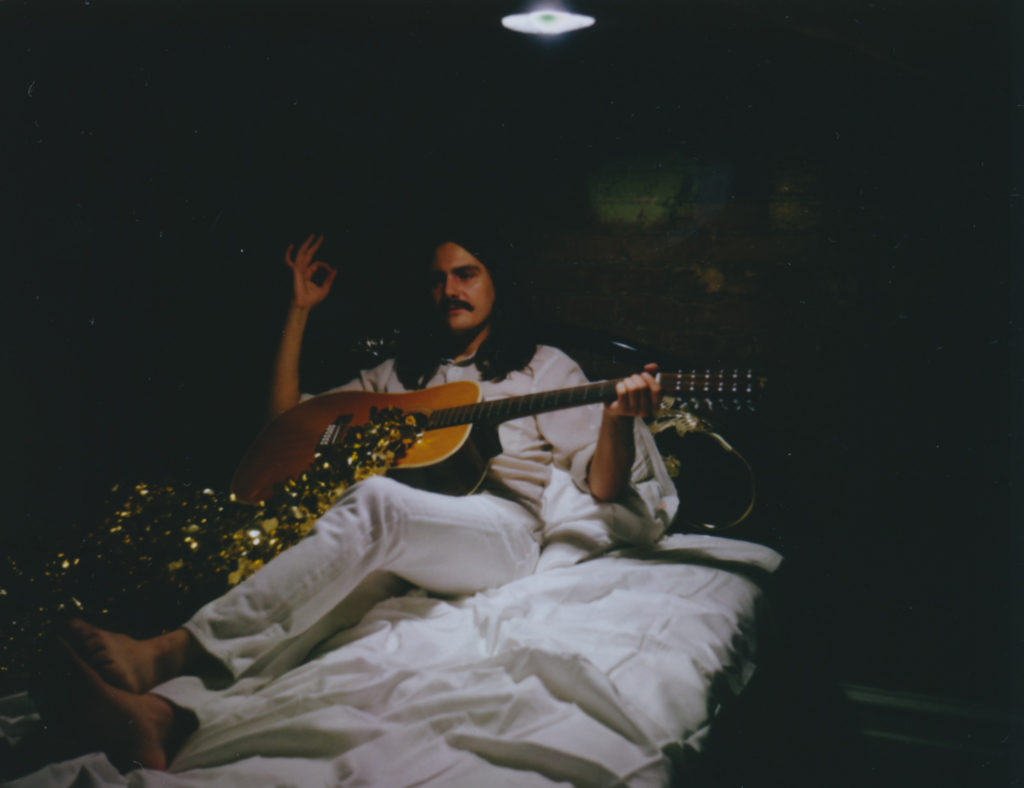

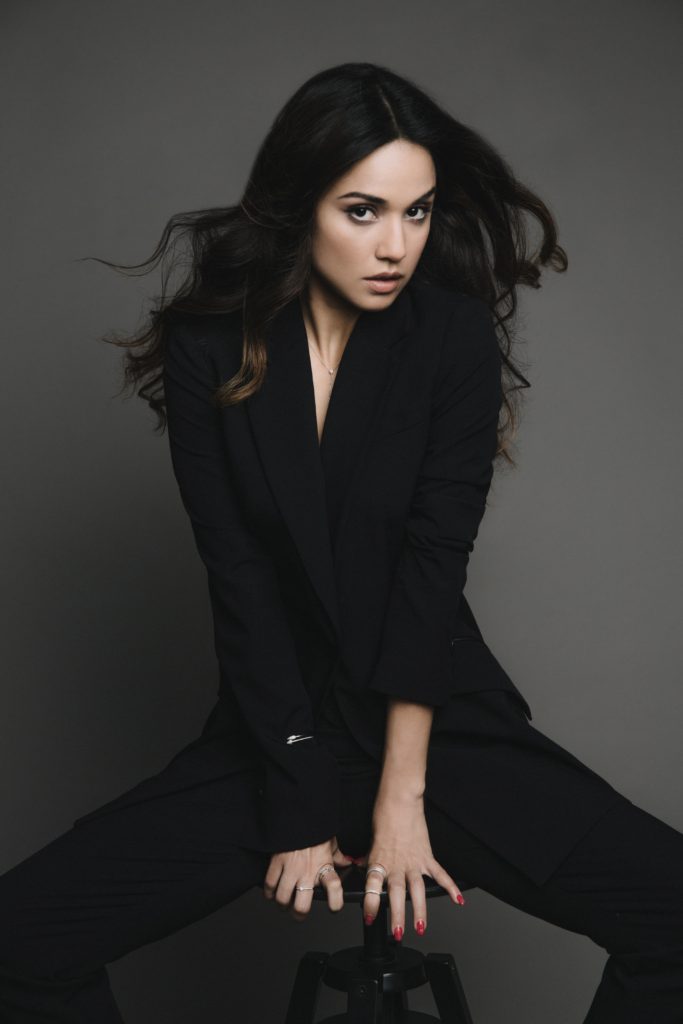
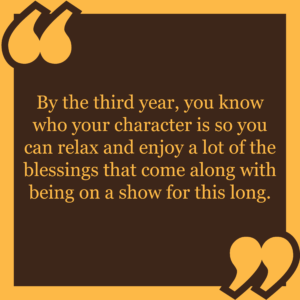




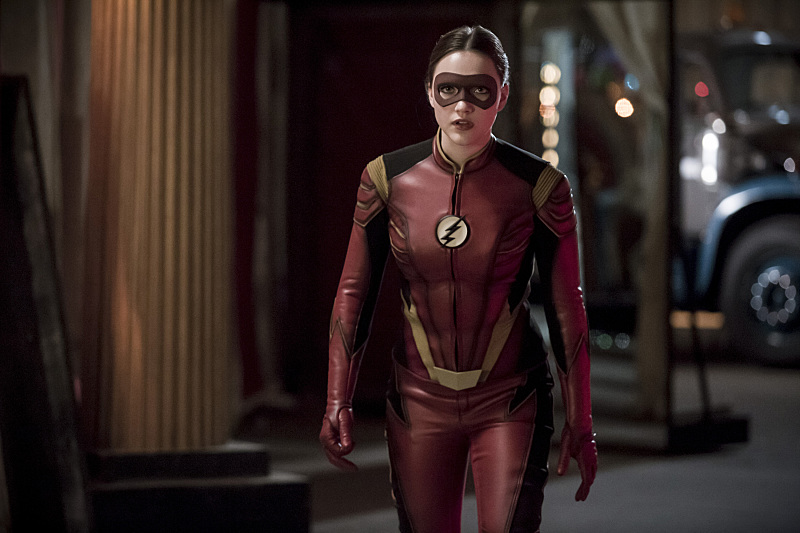

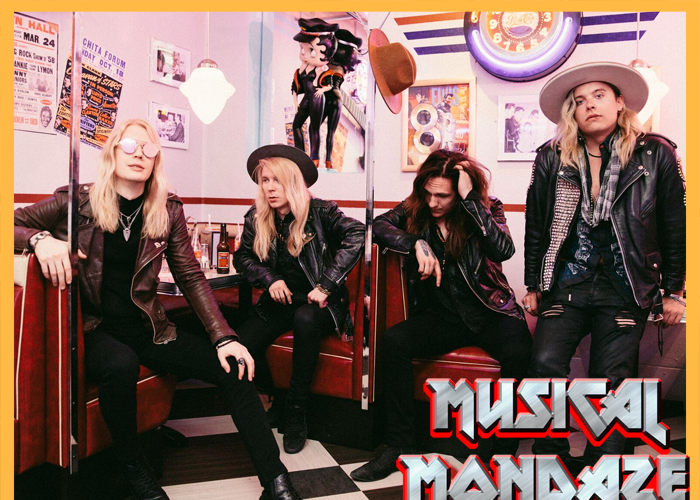
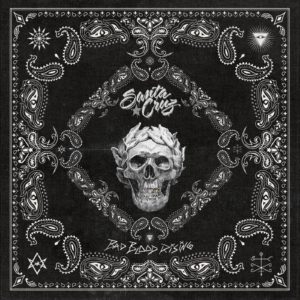
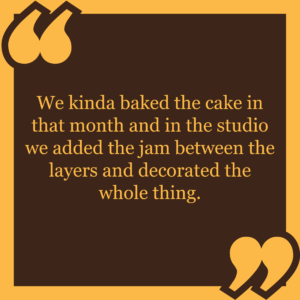 popular there today as it was say, 20 or 30 years ago?
popular there today as it was say, 20 or 30 years ago?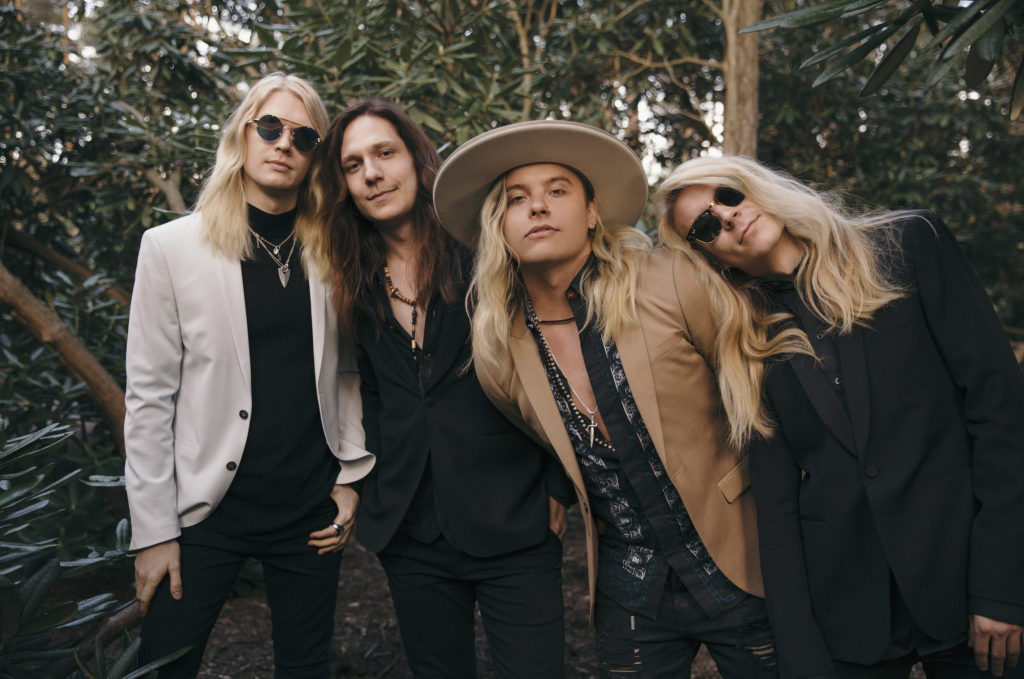
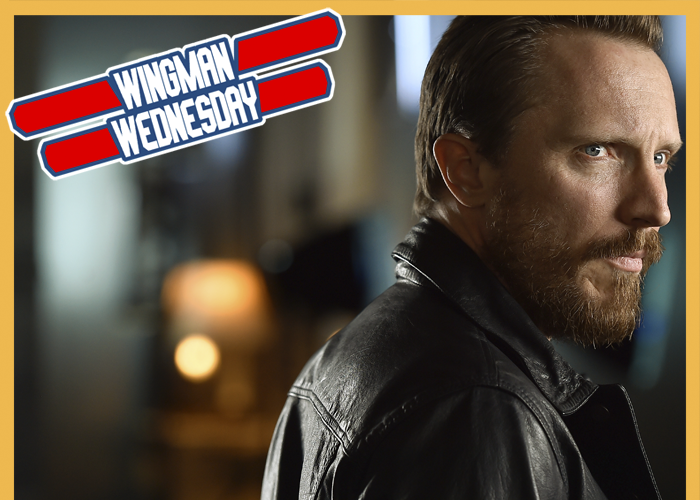
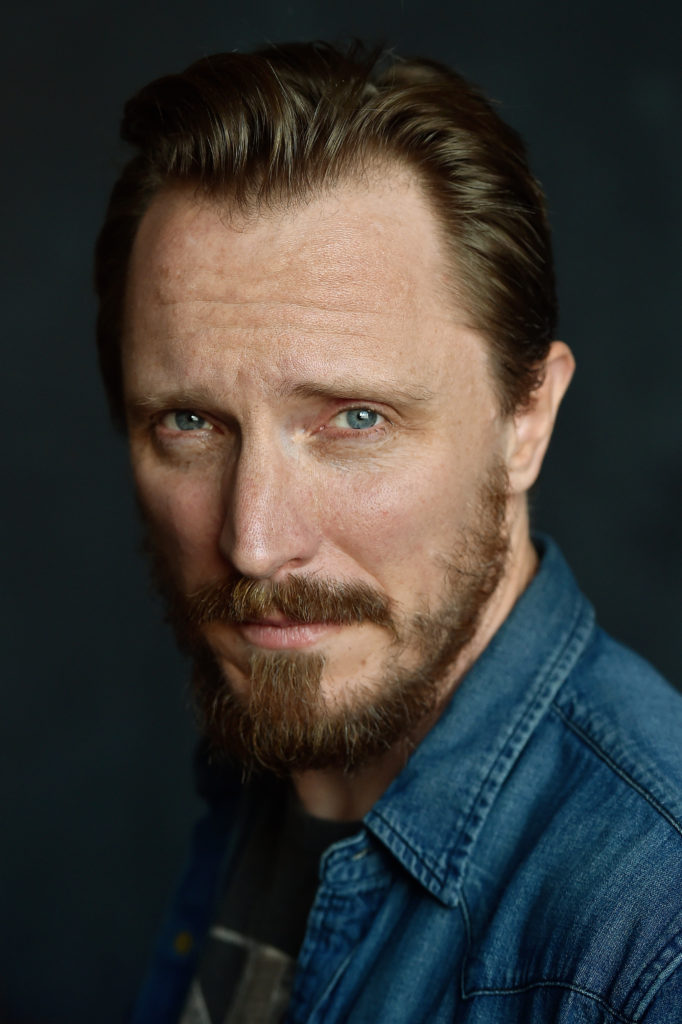
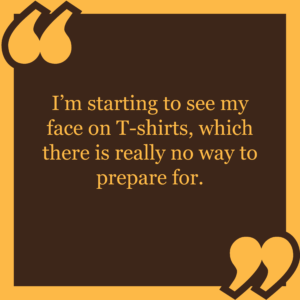 up in that excitement and place your own individual expectations on a project prior to its release? How do you manage that “will it” or “won’t it” when it comes to a series or film finding an audience?
up in that excitement and place your own individual expectations on a project prior to its release? How do you manage that “will it” or “won’t it” when it comes to a series or film finding an audience?